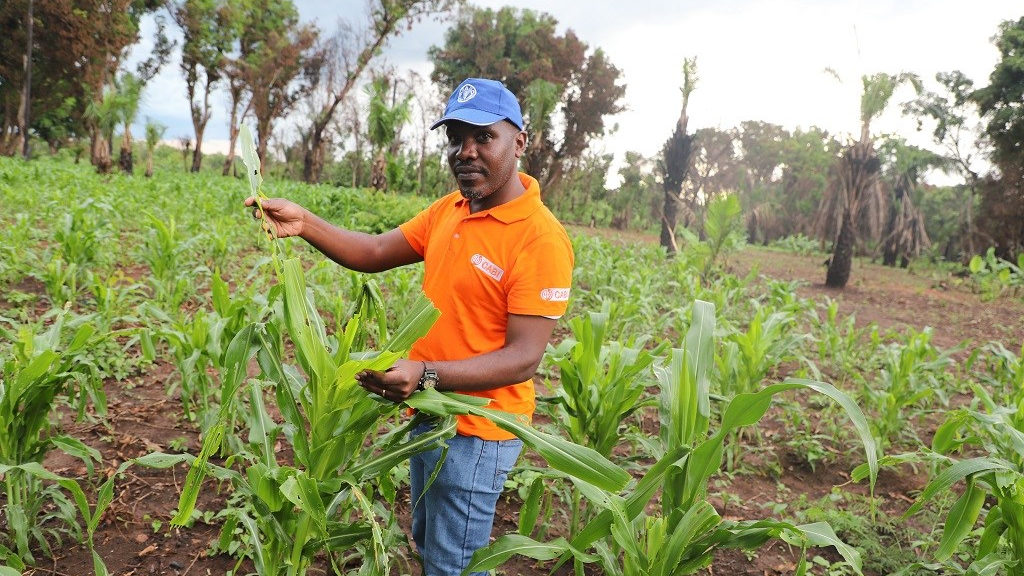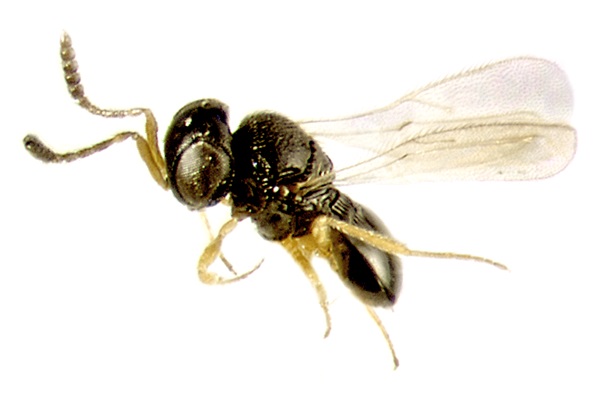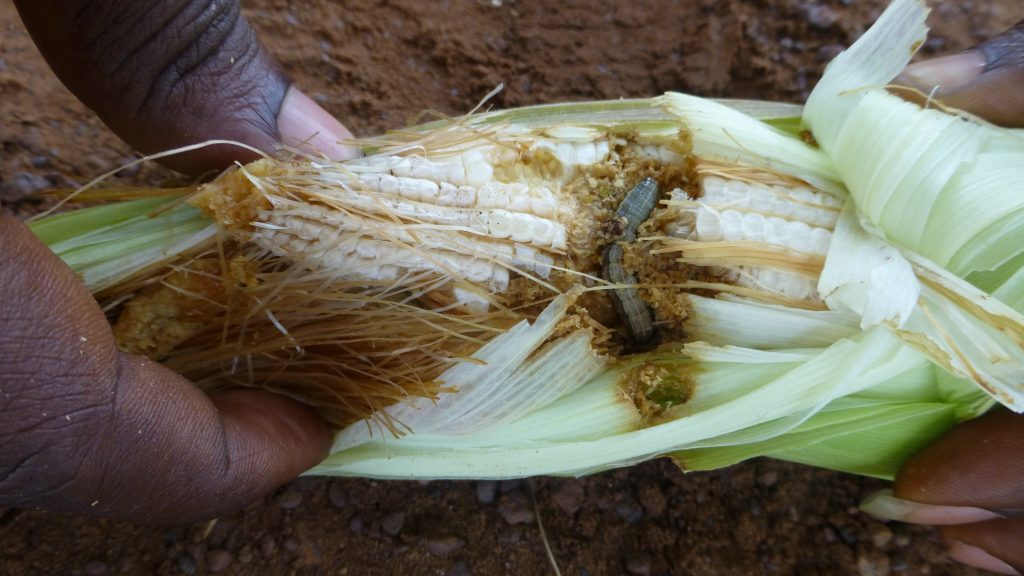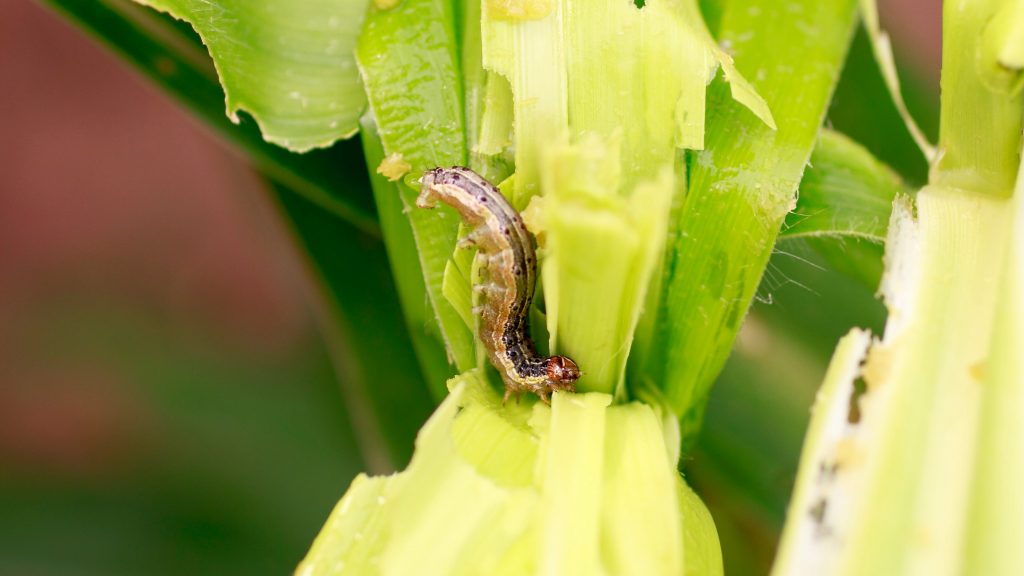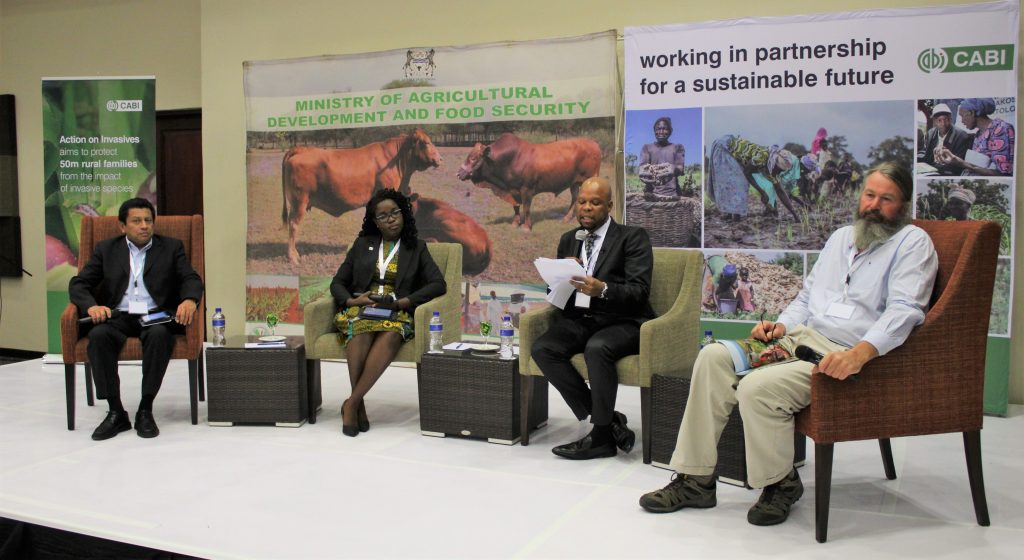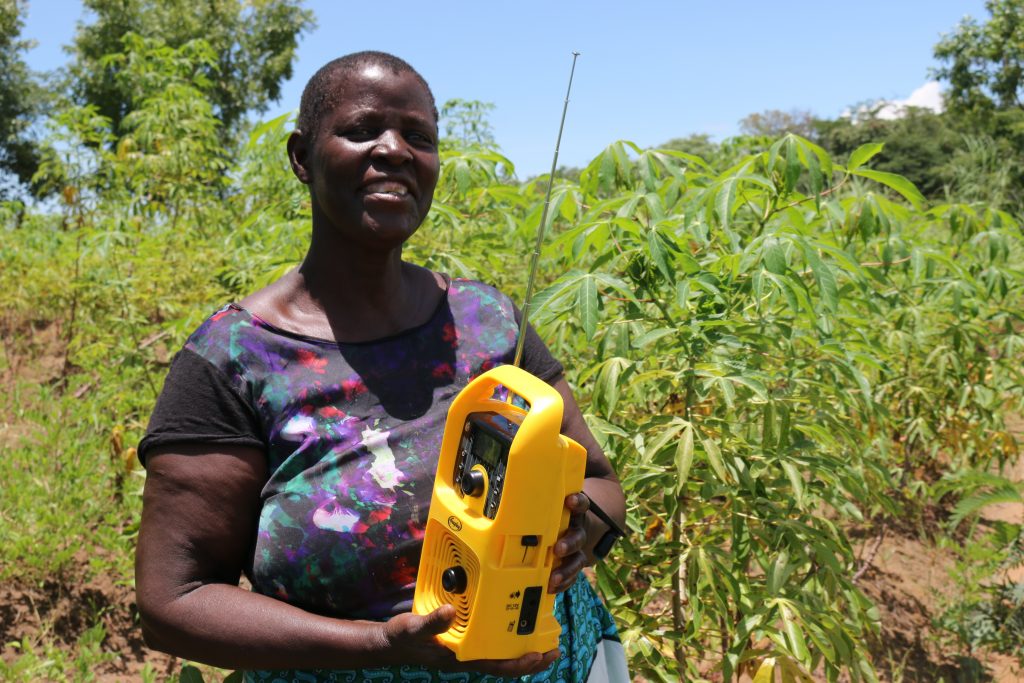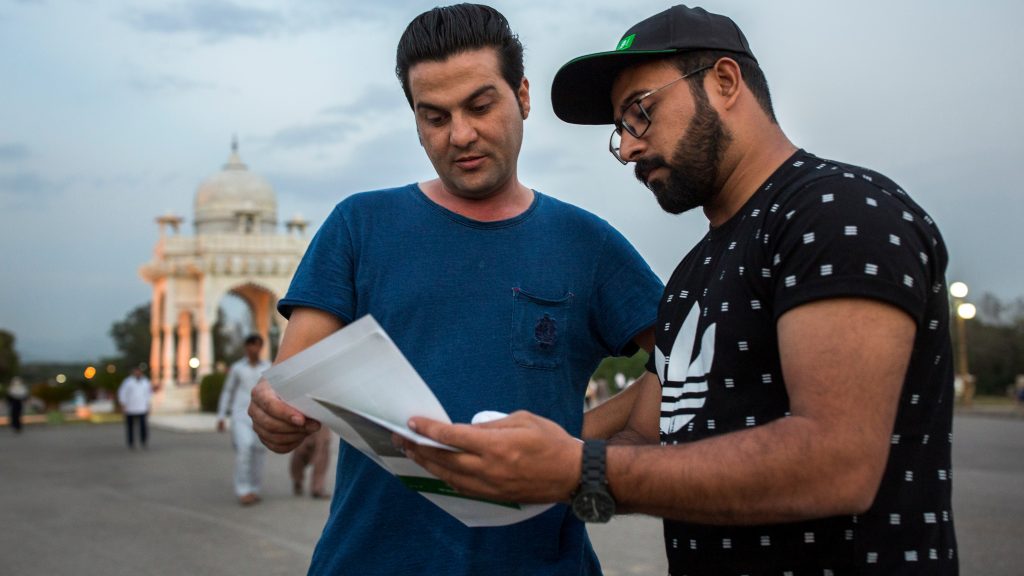Deploying biopesticides to combat fall armyworm in South Sudan
A new project in South Sudan is combatting the fall armyworm, an insect that can cause significant damage to crops, particularly maize. With more than half of South Sudan’s current population—nearly 6.2 million people—in need of life-saving food assistance, safeguarding food security where possible is essential. Launched in January 2019 as a partnership between CABI,…
Reaching more farmers with fall armyworm knowledge and information through ICT-enabled extension
Since 2017, CABI and partners have launched a series of extension campaigns in Kenya and Uganda in the fight against the invasive pest fall armyworm. These campaigns used integrated ICT-enabled approaches combining radio, SMS, and community video screenings with the aim of improving awareness, knowledge and management practices for fall armyworm. Although smallholder agriculture is…
Collaborative writeshop produces pest management decision guides for invasive species in Pakistan
Invasive alien species (IAS) have devastating impacts on native biota, causing the decline or even extinction of native species, negatively affecting ecosystems. Invasive plants, animals, insects and microorganisms enter and establish in environments outside of their natural habitat. They reproduce rapidly, out-compete native species for food, water and space, and are one of the main…
Scientists confirm first report of egg parasitoid in Africa to fight devastating fall armyworm
A group of scientists have confirmed the first report of an egg parasitoid Telenomus remus in Africa which could prove an important biological weapon in the fight against the devastating fall armyworm (Spodoptera frugiperda) that threatens the food security of more than 200 million people.
Asia on alert as highly destructive fall armyworm spreads
By Trudy Harris. Originally published on SciDev.Net. Farmers and authorities throughout Asia need to be vigilant against fall armyworm invasions, after confirmation that the fast-moving pest has spread from India to China and now to South-East Asia, agricultural experts say.
Fall Armyworm attack: ‘Eastern India more vulnerable to infestation’
Originally published on DownToEarth Warmer temperatures increase the metabolism and reproductive rates of the pest Fall Armyworm was first reported in July 2018 in Karnataka. Ever since, it has spread to its neighbouring states. Reports are now coming from West Bengal and Bihar as well. The initial damages are widespread as the pest is a…
CABI announces major commitments in fight against invasive species
Coinciding with its regional consultation with member states in Africa, CABI hosted a policy summit on invasive species in Gaborone, Botswana on 28 February. About 70 delegates representing policymakers, research, the private sector and civil society from across Africa gathered to learn about and discuss the impact of invasives as well as the technical and…
Fall armyworm radio campaign for next growing season launches in Zambia
CABI in partnership with Ministry of Agriculture in Zambia through the National Agricultural Information Services (NAIS) has launched a national radio campaign focusing on the identification, prevention and management of fall armyworm. The campaign aims to help smallholder farmers in Zambia minimise fall armyworm losses and learn how to safely use chemicals.
Invasives Most Read 2018
2018 has been a bumper year for the CABI Invasives blog, with 4 times more posts than 2017 and over twice the number of views (over 20,000!). With so many articles published this year, we have compiled a list of the top 20 most read to round off 2018.


